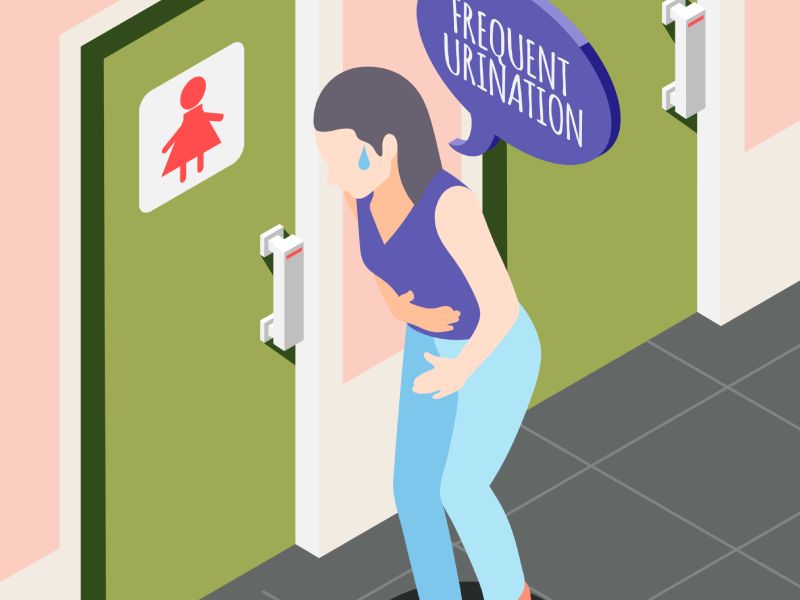Understanding the Connection Between Diabetes and Frequent Urination
Diabetes is a chronic metabolic disorder that affects millions of people worldwide. One common symptom experienced by many diabetics is the need to urinate frequently. In this article, we will explore the reasons behind this phenomenon, as well as provide practical advice on managing this issue.
The Role of Insulin and Blood Sugar in Frequent Urination
Diabetes affects the body’s ability to produce or use insulin, a hormone that helps regulate blood sugar levels. When insulin production or function is impaired, blood sugar levels can become elevated. The kidneys, responsible for filtering waste from the bloodstream, are forced to work harder to remove excess sugar. This process results in the production of more urine, leading to the need for diabetics to urinate more frequently.
Polyuria: A Telltale Sign of Diabetes
Polyuria, the medical term for increased urination, is a common symptom of both type 1 and type 2 diabetes. A person suffering from polyuria may produce more than 3 liters of urine per day, compared to the average of 1 to 2 liters. Frequent urination, especially at night, can disrupt sleep patterns and negatively impact an individual’s quality of life.
“I didn’t realize I had diabetes until I started waking up multiple times during the night to use the restroom. It was exhausting and frustrating, but once I received my diagnosis and started managing my blood sugar, my sleep improved dramatically.” – Sarah, Type 2 Diabetic
Managing Frequent Urination in Diabetics
Addressing the root cause of frequent urination, which is high blood sugar, is the key to managing this issue. Implementing the following strategies can help to reduce blood sugar levels and minimize the need for frequent trips to the bathroom:
- Monitor blood sugar levels regularly: Regular blood sugar monitoring is crucial for people with diabetes. This helps them to identify patterns and make appropriate adjustments to their medication, diet, and exercise routine.
- Exercise consistently: Engaging in regular physical activity can improve insulin sensitivity and help lower blood sugar levels.
- Adopt a balanced diet: A diet rich in whole grains, lean protein, healthy fats, and plenty of fruits and vegetables can help maintain stable blood sugar levels.
- Stay hydrated: Drinking water and other non-caffeinated, sugar-free beverages can help the kidneys flush out excess sugar through urine.
“Staying on top of my blood sugar levels and maintaining a healthy lifestyle has made a significant difference in the frequency of my bathroom visits. It’s important to stay vigilant and work closely with your healthcare team to manage your diabetes effectively.” – Mark, Type 1 Diabetic
When to Seek Medical Help
While frequent urination is a common symptom of diabetes, it’s important to consult with a healthcare professional if you’re concerned about your symptoms. Increased thirst, unexplained weight loss, and constant fatigue are other common signs of diabetes that warrant a medical evaluation.
Conclusion
Frequent urination is a common issue faced by people with diabetes due to elevated blood sugar levels.
By effectively managing blood sugar levels through regular monitoring, exercise, a balanced diet, and proper hydration, individuals with diabetes can significantly reduce the frequency of urination and improve their overall quality of life. However, it’s essential to work closely with a healthcare professional to develop a personalized diabetes management plan and seek medical help if you experience any concerning symptoms.
